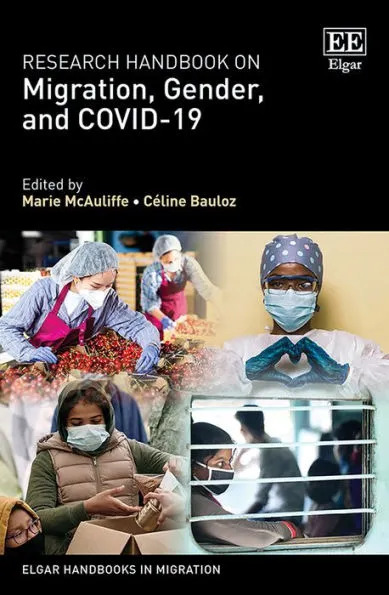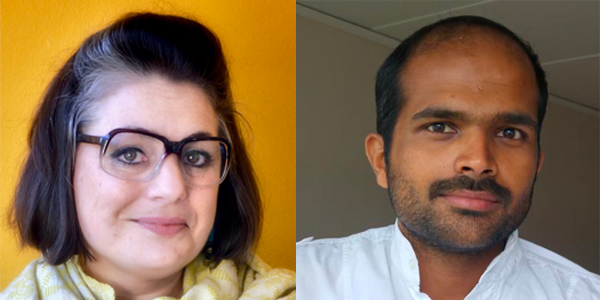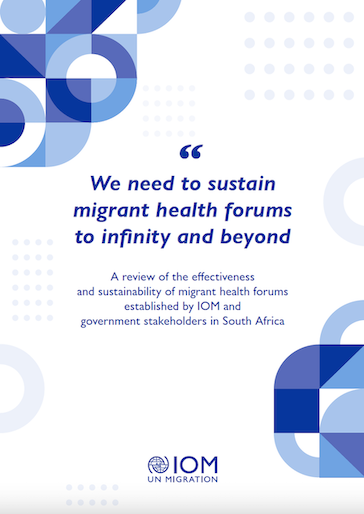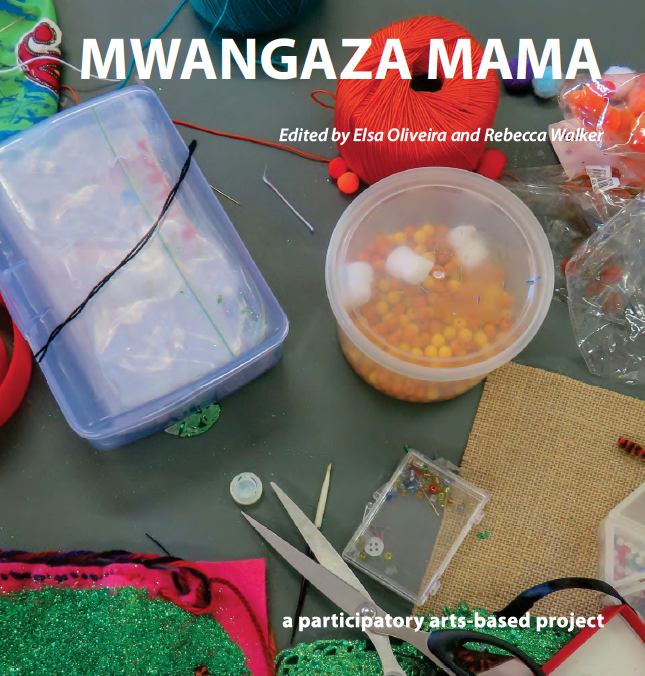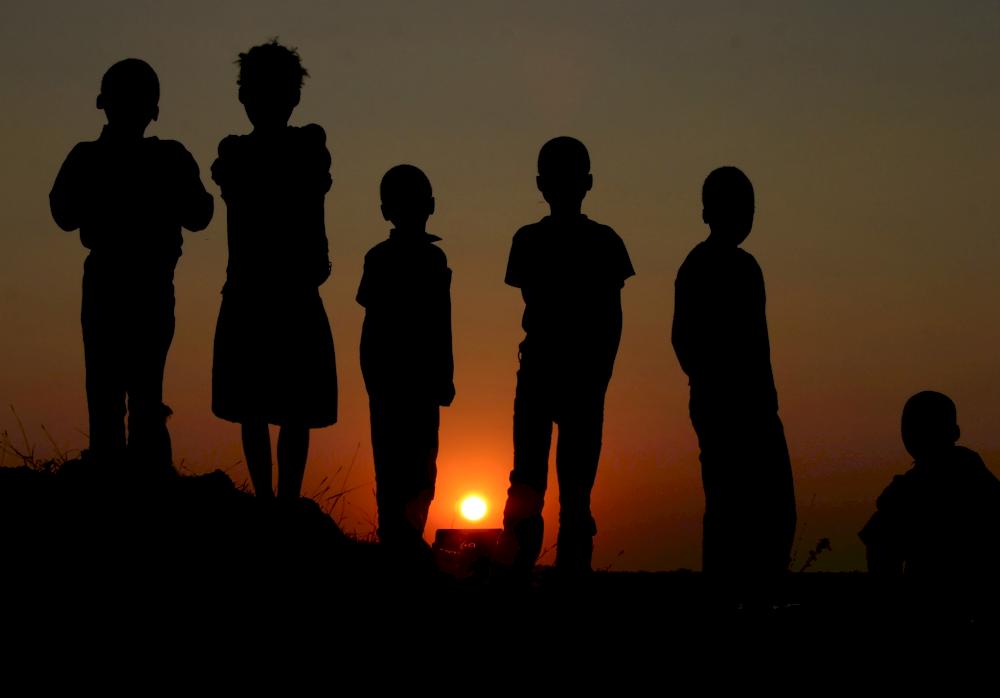About maHp
Involving a series of unique research and public engagement projects, the Migration and Health Project Southern Africa (maHp) aims to explore (and evaluate) ways to generate and communicate knowledge in order to improve responses to migration, health and well-being in the SADC region. Multiple disciplinary perspectives, mixed method approaches, and the involvement of various stakeholders – including migrants themselves – are central.






